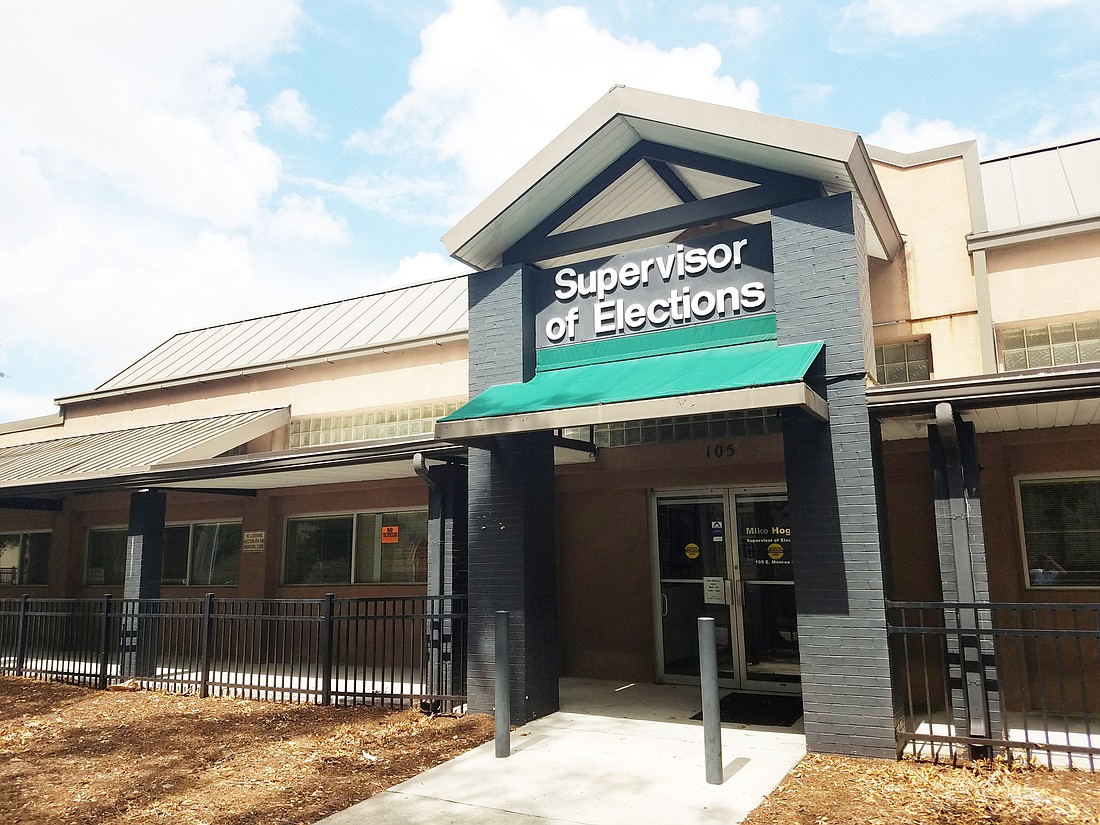
Duval County Supervisor of Elections Mike Hogan and his 66 colleagues from each county in the state are looking ahead to the 2018 primary elections in August and the general election in November.
The group met this month at the Florida State Association of Supervisors of Elections Mid-Winter Conference in Daytona Beach.
Hogan said the supervisors identified some areas of common interest, including the potential size of the November ballot.
It’s expected to be lengthy, considering races for governor, both sides of the state Legislature, U.S. Senate and judicial races and retention will be considered when voters receive vote-by-mail ballots or go to the polls on election day.
Also on the ballot will be amendments to the state constitution that will be put forth by the Florida Constitution Revision Commission, which is working on its evaluation of recommendations from the public and commission members that happens every 20 years.
“It’s going to be a lot to read. People may encounter long lines,” Hogan said.
Hogan also anticipates there could be a city charter amendment on the Aug. 28 primary election ballot that, if approved, would give voters the right to repeal laws enacted by City Council.
Supporters of the proposed amendment, Empowerjacksonville.org, have until March 1 to collect 29,401 verified signatures of voters registered in Duval County to put the amendment to a vote.
The amendment could seek to repeal laws designed to protect gay and transgender people from discrimination.
The association adopted its priorities for the 2018 legislative session, including passage of a bill that would allow Florida to participate in the Electronic Registration Information Center.
Hogan said his office is “constantly performing maintenance” on the voter files and joining about 25 other states who participate in the center would improve access to voter registration records from other states.
“Florida is a snowbird state. A lot of people live here half the year,” said Hogan, and some could be registered to vote in more than one state.
“It’s a way to eliminate fraud and ensure the accuracy of the vote,” he said.
The association also supports changing the statewide voter registration system to exempt certain personal data about voters from the public record.
Currently, only a voter’s driver license number and sample signature are exempt. Some voters support expanding the exemption to include other personal information such as birthdate, home address and even party affiliation.
Hogan said the association supports exempting birthdates from the public record to reduce the possibility of identity theft.
There also was a discussion of the public’s perception of the voting process after the publicity surrounding possible interference and international computer hacking intended to affect the outcome of the 2016 presidential election.
“There were attempts, but none were successful,” Hogan said.
“But it put doubt in the public’s mind about whether the vote is accurate.”
Hogan said registering to vote in the 2018 elections is much easier and doesn’t require a visit to the supervisor’s office with the recent introduction of registertovoteflorida.org.
The website merges data from the state Department of Highway Safety and Motor Vehicles with the 67 county elections offices.
After logging on and entering driver license or state identification card data, residents can register to vote or change their voter information, including home address and party affiliation.
“It’s just as secure as doing it at my office,” Hogan said.